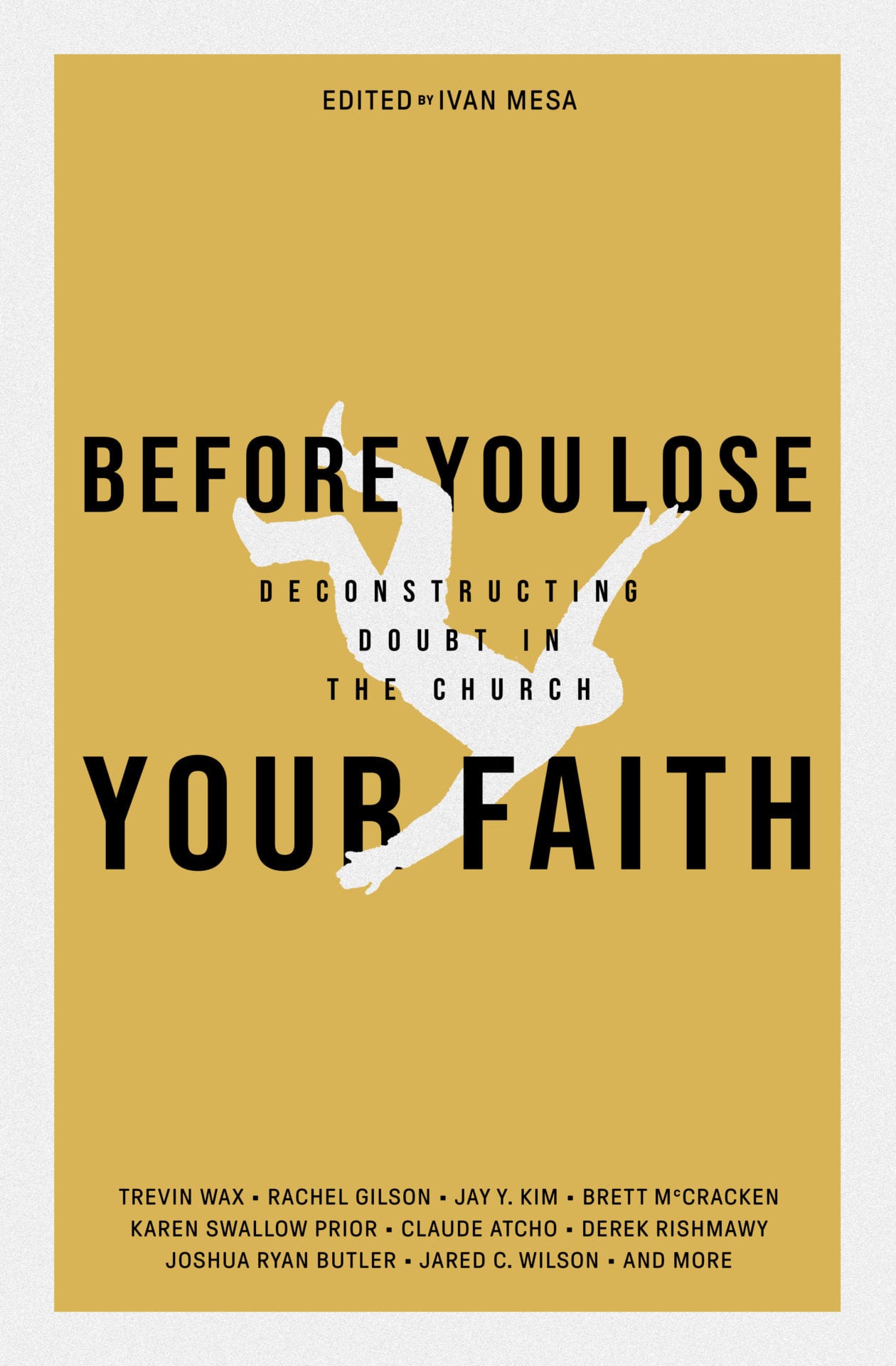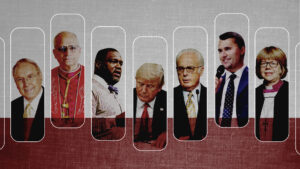When Kyle Ramage first stepped foot onto the campus of Southeastern Baptist Theological Seminary, he thought he was preparing for vocational ministry. Little did he know God was preparing him for a different path.
He would soon enter the mission field of the coffee industry.
Ramage, who hails from Mississippi, graduated from Southeastern Seminary in 2014 with an MA in Christian ministry. Yet his career has taken an unexpected turn. He worked at a local coffee shop, excelled at his craft, and now works for Mahlkonig USA, a coffee grinder manufacturer in Durham, North Carolina.
Given his skill and his passion for coffee, Ramage competed in the 2017 United States Barista Championship. To his great surprise, he won. Next he will compete for the World Championship in Seoul, South Korea. (Read a full account of Ramage’s victory.)
Recently we had the chance to chat with Ramage about coffee, faith, work, and his time in seminary. Here’s our conversation (edited for clarity).
In your winning performance at the United States Barista Championship, you didn’t simply brew a cup of coffee; you employed creativity and technical proficiency. Can you speak to that creativity and how you got involved in the coffee industry?
In every industry there comes a point where you have to interact with your work on a level that’s deeper than normal people would. It’s the same way our seminary professors and students interact with the Scriptures—much more in depth than the average person.
In the coffee industry, doors just kept opening for me. Things just kept happening to make it work. I thought, I can’t ignore this any longer. I came to Southeastern for seminary, and I completed my degree. But the Lord had me go in a totally different direction by my second year. It was cool to see God change my plans—and to be willing to allow them to change, even though this wasn’t what I’d planned for my life.
But coffee is where the Lord has me at the moment. The drive and the push—and the call—is profound. I feel I would be doing a disservice if I were to leave the coffee industry. I’d be doing something wrong, at least for now.
How does your faith and experience at seminary shape the work you do day-to-day?
Going to seminary makes you a better thinker. It helps you think well about the world around you and how to interact with it. Of course, honesty, integrity, transparency—all these things are huge, as well as being a faithful Christian.
It’s easy to swindle, lie, or cheat your way to the top in work. It’s easy to take the shortcuts or the easy way out, but having that integrity and drive to do right by others and to do good in the sight of God is huge.
And work is about being able to interact with people. Companies do need money to function, but they are driven by people. That’s my view of work. Yes, I do something, but I do something with people. If I can love them, share Christ’s love with them, support them, and perhaps be a Christian influence they’re not accustomed to, God can use that.
The coffee industry is not a believer-saturated place. Many I call friends are gay, transgender, or otherwise, and are completely void of Christian influence—or a Christian they even know and respect. That’s been my goal. I want to be a respected member in the coffee industry, but be a distinct Christian at the same time.
It’s hard. It’s easy to soften on some views, which is unacceptable. At the same time, I don’t want to be the bullhorn-carrying, sign-waving, “turn-or-burn” kind of person. I want to love people and meet them where they are when they’re that far away from the faith.
When they announced you as the winner, what was going through your mind?
Well, my brain basically melted. There’s a video out there of my reaction, and I was floored. The lady I was standing next to, Andrea Allen, is an amazing woman. She and her husband run Onyx Coffee lab in Springdale, Arkansas. I thought she would win. She was the favorite to win (in my eyes, anyway), and it was her and me standing up there. So, I thought, she won. Second is great. Second is amazing. I don’t work in coffee on a daily basis, so this is amazing.
For me to win was just another affirmation of God’s kind plan that I don’t understand, but I’m happy to be along for the ride.
What tips would you offer believers in situations where they don’t see that their work matters to God?
I believe at my core that the world is organized to give glory to God. Our work is part of that.
Maybe your job feels like a subtle act of worship, but your heart is what matters. When the job is terrible, the pay is awful, and the people are frustrating, if you’re able to respond in kindness and love and support for your co-workers and your customers and your boss, that’s what’s going to differentiate you.
And make people question. “This guy is weird. What’s wrong with him? Why is he so kind, or loving, or giving to others? He doesn’t owe those people anything.” That’s a practical way we can get into conversations. And those kinds of conversations are where you start to change people’s minds about what it means to be a Christian. Not that we can really do that, but we give avenues for the Spirit to change the way people think about the faith.
For instance, I worked with a guy who was an atheist when we were working together. Through me and a few others ministering to him, he eventually worked his way into agnosticism. And then he worked his way into theism. I can’t speak for his faith in Christ, but he is a spiritual person who will talk about the Bible, talk about the gospel, talk about our Christian faith, and not be hostile to it.
But ministering to people in that kind of way is huge—where you are, at work. We often spend more time at work than we do with our families.
What verse most guides your work?
First Corinthians 10:31 for me is vitally important. Danny Akin at Southeastern talks about it all the time: “Whatever you eat or drink, or whatever you do, do it all for the glory of God.”
That’s the beauty of being a light at work. I want to be real, flawed, transparent, and completely loving for the glory of my Savior.
Editors’ note: A longer version of this interview appeared at the Intersect Project: Where Faith Meets Culture.
Free Book by TGC: ‘Before You Lose Your Faith’
 Many young people are walking away from Christianity—for reasons ranging from the church’s stance on sexual morality, to its approach to science and the Bible, to its perceived silence on racial justice.
Many young people are walking away from Christianity—for reasons ranging from the church’s stance on sexual morality, to its approach to science and the Bible, to its perceived silence on racial justice.
TGC’s book Before You Lose Your Faith: Deconstructing Doubt in the Church is an infusion of hope, clarity, and wisdom in an age of mounting cynicism toward Christianity.
For anyone entering college or the workplace and looking for a timely reminder of why Christianity is good news in a skeptical age, make sure to get your FREE ebook Before You Lose Your Faith today!





























